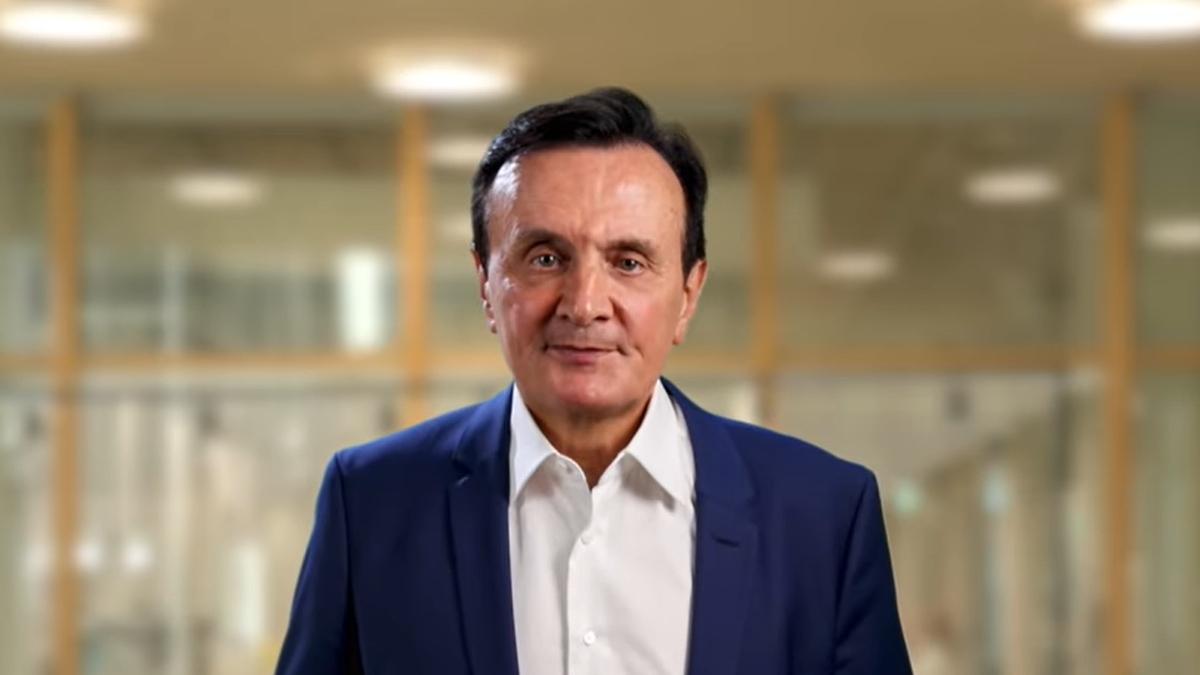BMS extends its cost-cutting drive by another $2bn

Bristol Myers Squibb Chris Boerner.
Bristol Myers Squibb said in its fourth-quarter results update this morning that it will double down on an ongoing cost-cutting programme announced last year.
The company still intends to slash $1.5 billion off its costs this year, a measure first announced in April 2024, but now wants to make a further $2 billion in savings by the end of 2027, raising fears of additional job cuts above the 2,200 layoffs from the initial round.
In its results statement, the company said that the savings will be "driven by changes in organizational design and efforts to enhance operational efficiency" and would make BMS "a leaner, more efficient company while investing behind growth brands and promising areas of science."
Shares in the company were down almost 5% in pre-market trading after BMS revealed the cutbacks, as well as a weaker-than-expected revenue prediction for 2025 of $45.5 billion, almost $2 billion below consensus forecasts.
BMS is preparing for the loss of patent protection on some of its top-selling medicines, including cancer immunotherapy Opdivo (nivolumab) and anticoagulant Eliquis (apixaban), adding to the pressure already on the company due to generic competition for drugs like Revlimid (lenalidomide) and Abraxane (nab-paclitaxel).
Its cost-reduction programme follows similar moves by other big pharma groups, including Sanofi, Pfizer, and Bayer.
Despite that pressure, BMS reported revenue of $12.3 billion in the fourth quarter, up 9% and ahead of analyst expectations, which was largely thanks to solid performances for Opdivo and Eliquis, which climbed 4% to $2.5 billion and 11% to $3.2 billion, respectively.
Both Opdivo and Eliquis could lose patent protection in the US in or around 2028. Meanwhile, Pfizer-partnered Eliquis could come under pressure even earlier as it was among the first group of medicines undergoing Medicare price negotiations that are due to come into effect at the start of 2026.
Chief executive Chris Boerner said the company had made "good progress" in 2024, particularly with regard to the recent approval by the FDA of its new schizophrenia therapy Cobenfy (xanomeline tartrate/trospium chloride), which he expects to "have a meaningful impact on patients and the company as a new growth driver."
BMS acquired Cobenfy as part of its $14 billion takeover of Karuna Therapeutics towards the end of 2023, and analysts at Stifel have suggested it could become a $10 billion-a-year blockbuster at its peak.












